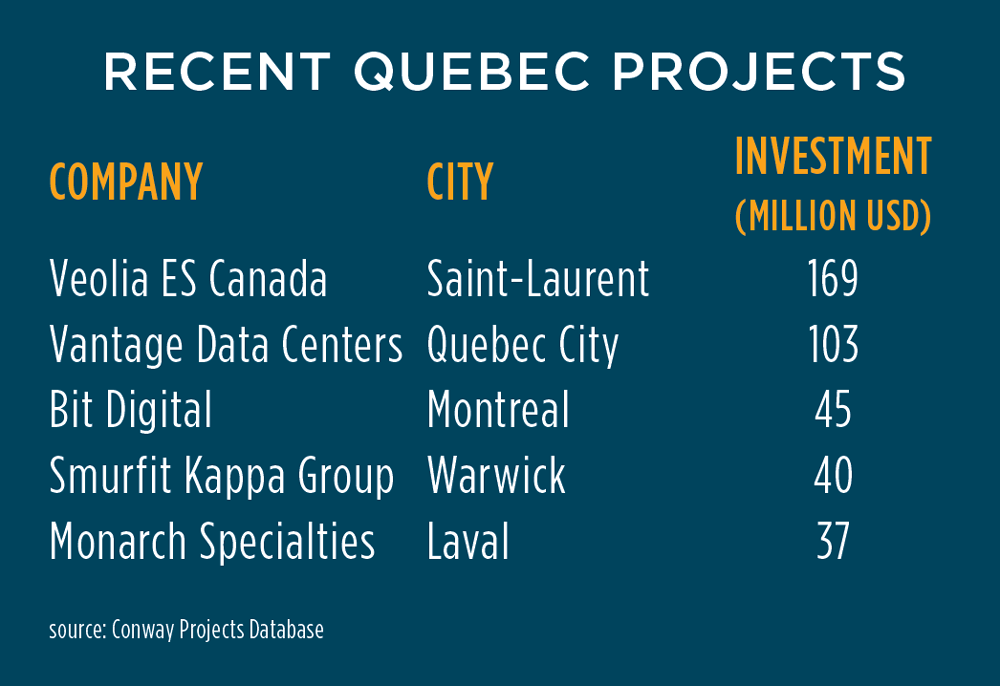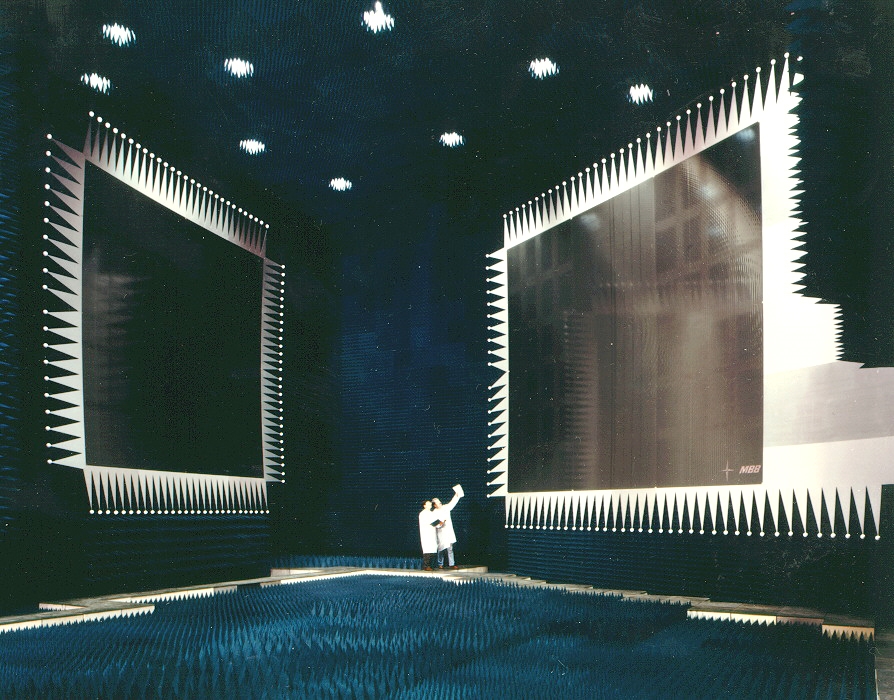Even as bankrupt Swedish battery company Northvolt’s $7 billion, 3,000-job gigaplant in the Monteregie region near Montreal is in giga-limbo because of the parent company’s bankruptcy filing in March, a project with ambitions beyond the planet itself continues to move forward near the nation’s capital.
In early March, on nearly the same date that U.S. tariffs went into effect, officials from the Government of Canada and the Gatineau region (part of the bi-province area of Ottawa-Gatineau) announced support for a new C$25 million, 300-job corporate campus for Telesat in Gatineau. The facility “is part of the larger $6.5 billion Telesat Lightspeed initiative, which is being supported by a $2.14 billion federal loan and a $400 million provincial loan from Quebec to build and operate Telesat Lightspeed — a low Earth orbit (LEO) satellite network.”
LEO satellites operate 27 times closer to the Earth than traditional telecommunications satellites. Telesat says around 1.3 million Canadian households “fall into the digital divide” while 2.9 billion people around the world don’t have access to affordable, reliable high-speed internet service. Lightspeed also will serve the lucrative commercial airline market.
The government support was committed in September with the first funding coming to the company in January. It comes at an opportune time for Telesat as revenues have dropped from other LEO business. On the company’s earnings call 20 days after the announcement of the new campus, Telesat President and CEO Dan Goldberg called the agreements with the provincial and national governments “certainly the biggest development for Telesat last year.” In addition to strategic partnerships with Space Norway, Orange and ADN Telecom, a contract was signed in April with Viasat, which will integrate Lightspeed into its services portfolio for aviation, maritime, enterprise and defense markets.

The new campus in Gatineau will host Telesat’s network operations center, satellite control center and cybersecurity operation center, as well as an engineering development facility to support the deployment and operations of the LEO satellite constellation. “The opening of this new campus will act as a catalyst for new job creation — well-paying science, technology, engineering and math (STEM) jobs — in Quebec,” said the government release. “Telesat has also committed to invest over $4.4 billion in the Canadian economy over the next 15 years, create 200 post-secondary co-op jobs and provide $1.6 million in scholarships to students in Canada, with a focus on women in STEM programs.” As of late April the company was showing 55 job openings in Gatineau.
Telesat has contracted with SpaceX for launch services. Lightspeed satellites will orbit at around 1,300 kilometers (807 miles) above Earth, two to three times the altitude of most LEO satellite constellations, thereby avoiding orbit congestion. The first of an initial 198 LEO satellites in the Lightspeed program is scheduled to launch in 2026.

